Top 10 Most Largest Lakes In The World
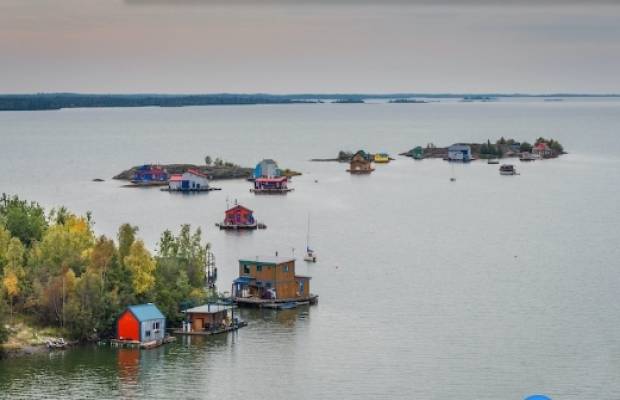
Embark on a global journey to explore the grandeur of the world's largest lakes, each an expansive reservoir of natural wonders and unique ecosystems. In a realm where size becomes a defining attribute, these lakes captivate with their sheer magnitude and diverse landscapes. From North America's Great Slave Lake, nestled in the vast expanse of Canada's Northwest Territories, to the breathtaking Caspian Sea, positioned as the world's largest lake, we traverse continents to unveil the intricate stories behind each colossal water body.
This exploration transcends mere measurements, delving into the cultural, ecological, and geological tapestry that makes each lake a distinctive marvel. Discover the frozen beauty of Great Slave Lake, where ice roads become a seasonal lifeline, and sail through the crystal-clear waters of Russia's Lake Baikal, the deepest and oldest lake on Earth. Uncover the dangers lurking beneath the surface of Africa's Lake Tanganyika, and navigate the treacherous currents of North America's Lake Michigan.
As we embark on this odyssey, we encounter not just the immense physical dimensions of these lakes but also the interconnected tales of human civilizations, diverse ecosystems, and the ever-evolving landscapes shaped by these colossal bodies of water.
Top 10 Most Largest Lakes In The World
- Caspian Sea
- Lake Superior
- Lake Victoria
- Lake Huron
- Lake Michigan
- Lake Tanganyika
- Lake Baikal
- Great Bear Lake
- Lake Malawi
- Great Slave Lake
1. Caspian Sea (371,000 km2)
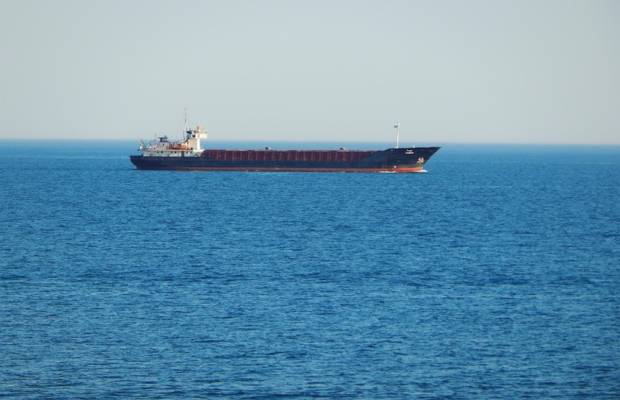
Situated between Russia, Kazakhstan, Azerbaijan, and Turkmenistan, the Caspian Sea, despite its nomenclature, is, in fact, the world's largest lake. Unveiling its intriguing geological history, the Caspian Sea, once part of the ancient Paratethys Sea, stands as a testament to evolution. With its unique blend of salinity, a third of that of seawater, and its association with the renowned caviar industry and thriving oil production, the Caspian Sea stands as a remarkable entity.
2. Lake Superior (82,100 km2)

Going into the grandeur of Lake Superior, North America's largest freshwater lake. Expanding across Minnesota, Wisconsin, Michigan, and even bordering Canada, Lake Superior boasts an impressive surface area, making it a vital player in the Great Lakes Waterway. However, its depths, reaching over 400 meters in some locations, coupled with formidable riptides, position it as one of the most challenging lakes for swimmers.
3. Lake Victoria (68,870 km2)
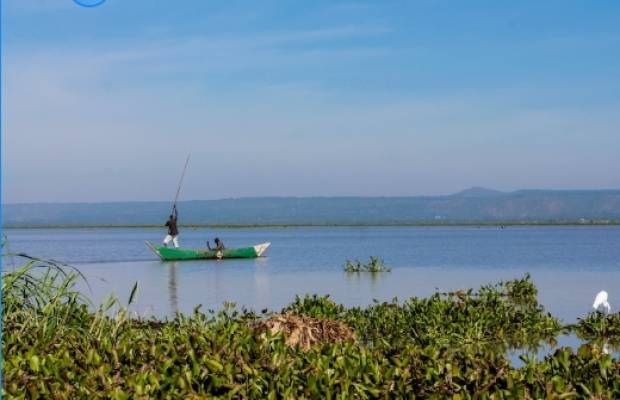
READ ALSO » Top 10 Most Famous Lakes In The World
Journey to the heart of Africa to discover Lake Victoria, the largest freshwater lake on the continent. Stretching across Tanzania, Uganda, and Kenya, this tropical marvel plays a pivotal role as the primary reservoir of the Nile River. Yet, its beauty conceals dangers, earning it the title of the most perilous lake globally, witnessing numerous fatalities annually due to black spots, unpredictable weather, and crocodile encounters.
4. Lake Huron (59,600 km2)
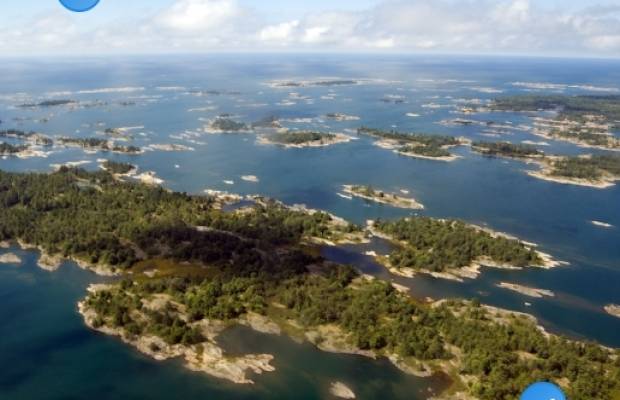
Traverse the vast expanse of Lake Huron, the fourth largest lake globally, intricately connected to Lake Michigan. Renowned for its extensive coastline, spanning over 3,800 miles and encompassing 30,000 islands, Lake Huron unveils its haunting history through numerous shipwrecks, with Fathom Five National Marine Park hosting 22 wreck sites alone.
5. Lake Michigan (58,000 km2)
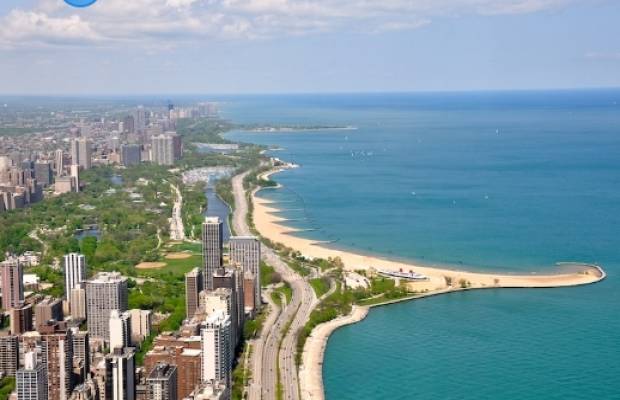
Explore the majesty of Lake Michigan, the only one among North America's Great Lakes entirely confined within the United States. Beyond its impressive volume and surface area, Lake Michigan presents challenges for swimmers, with dangerous rip currents and uneven bottoms.
6. Lake Tanganyika (32,600 km2)
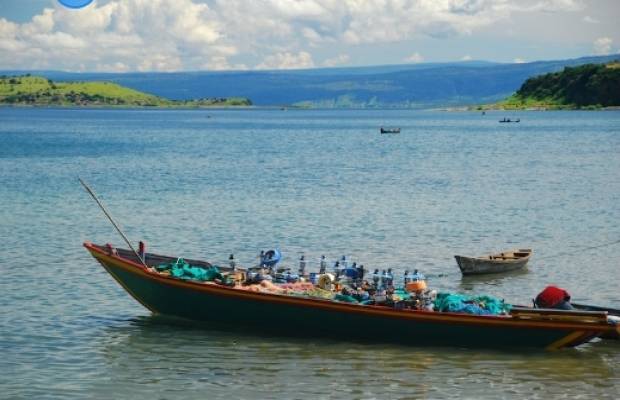
Venturing into Africa once more to uncover the mysteries of Lake Tanganyika, the world's longest, second oldest, and second deepest freshwater lake. Spanning across Tanzania, Burundi, the Democratic Republic of Congo, and Zambia, this Rift Valley lake harbors the enigmatic beauty of its underwater world. However, caution is advised as Nile crocodiles lurk beneath its surface, deterring most from the temptation of a refreshing swim.
7. Lake Baikal (31,500 km2)
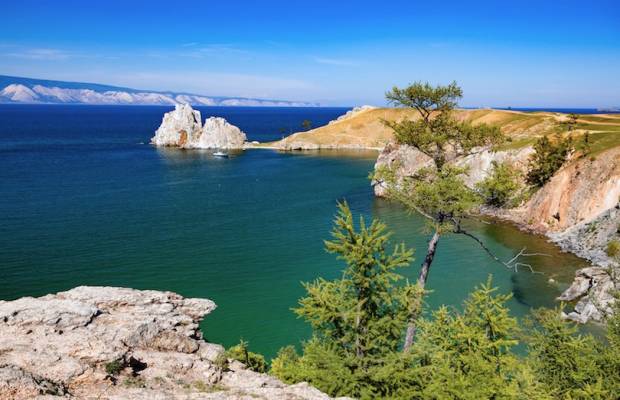
Embark on a journey to Russia's Lake Baikal, the largest lake globally when measured by volume. With its staggering depth of 1,632 meters, Lake Baikal not only stands as the deepest but also the oldest lake on Earth. Boasting unparalleled clarity due to snowmelt from the Siberian mountains, it is home to a diverse ecosystem of around 1,700 plant and animal species, making it one of the clearest lakes on the planet.
8. Great Bear Lake (31,000 km2)

Traverse the Arctic landscapes of Canada to discover the vastness of Great Bear Lake, the eighth largest lake worldwide. Nestled within the Northwest Territories, this freshwater giant plunges over 440 meters into crystalline depths. Despite its pristine clarity, it houses fewer fish species compared to its counterparts, emphasizing its unique ecological composition.
9. Lake Malawi (29,500 km2)
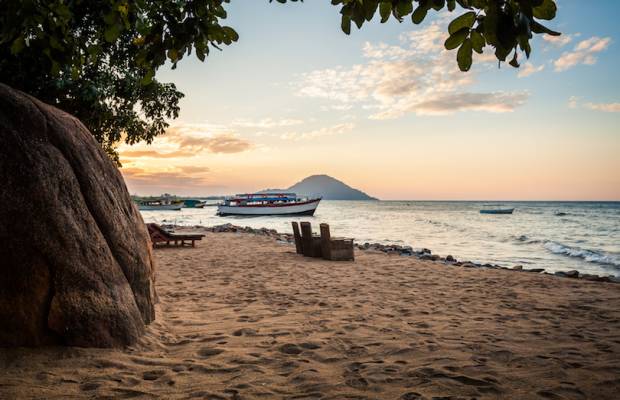
Immerse yourself in the biodiversity of Lake Malawi, the third-largest lake in Africa, weaving across Tanzania, Malawi, and Mozambique. Beyond its impressive surface area, Lake Malawi stands out as a haven for hundreds of cichlid fish species. While fishing is allowed in certain areas, marine reserves have been established to safeguard the unparalleled richness of its aquatic life.
10. Great Slave Lake (27,000 km2)
READ ALSO » Top 10 Most Beautiful Lakes In France
Conclude this exploration with the splendors of Canada's Great Slave Lake, the tenth largest globally. As the deepest lake in North America, reaching depths of over 600 meters, it offers a spectacle of frozen beauty in winter, with residents carving ice roads for convenient travel. During the rest of the year, it transforms into a hotspot for sailing and angling, beckoning enthusiasts to its shores.
In concluding our exploration of the world's largest lakes, we've traversed diverse landscapes, from the frozen realms of Canada to the tropical embrace of Africa. These colossal water bodies, each with its distinct characteristics, showcase nature's grandeur. From perilous depths to teeming ecosystems, the lakes narrate stories of resilience and interconnectedness. As guardians of biodiversity and witnesses to human civilizations, these lakes leave an indelible mark on our planet's narrative. The journey across these aquatic wonders serves as a reminder of the intricate balance between nature and humanity, urging us to cherish and protect these invaluable reservoirs for generations to come.
